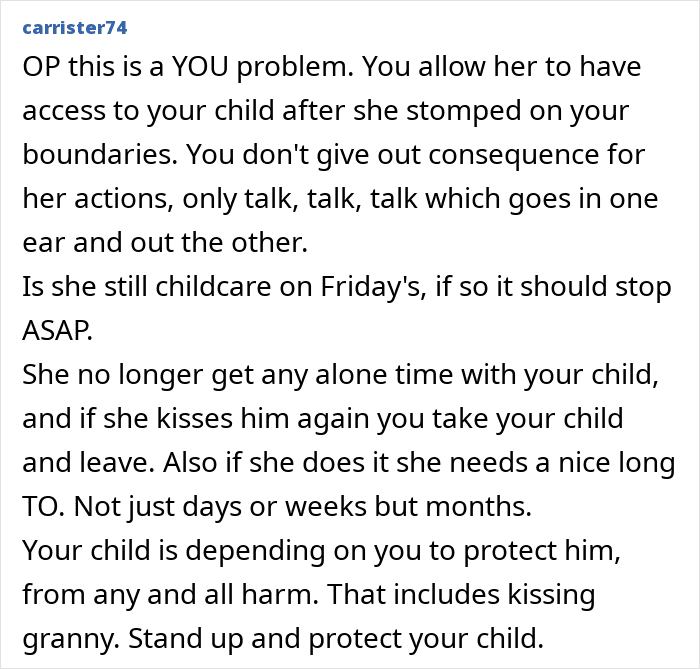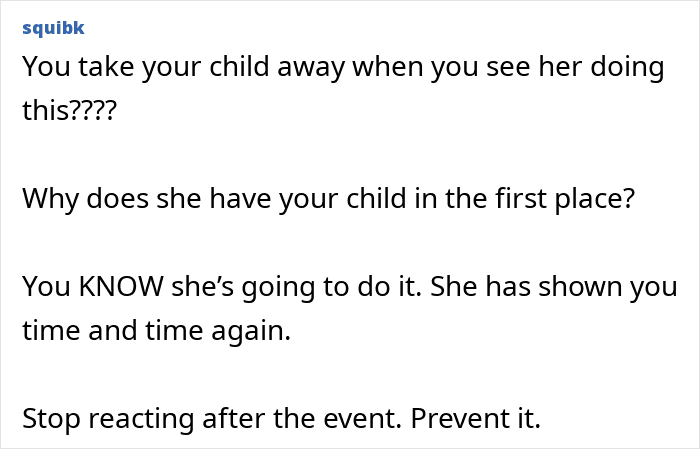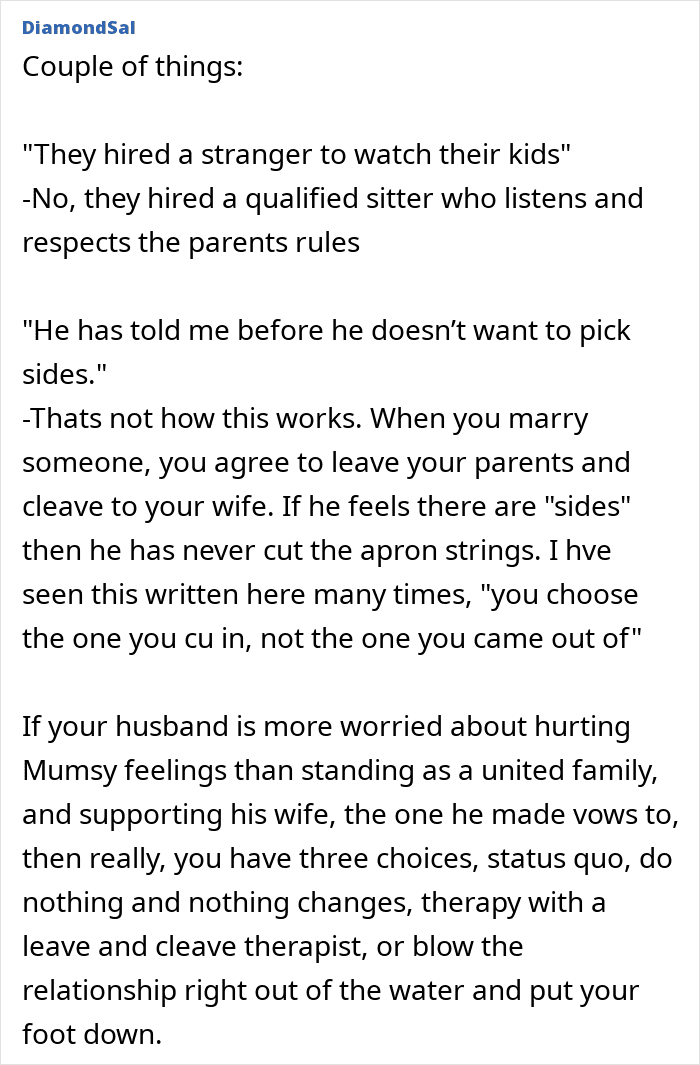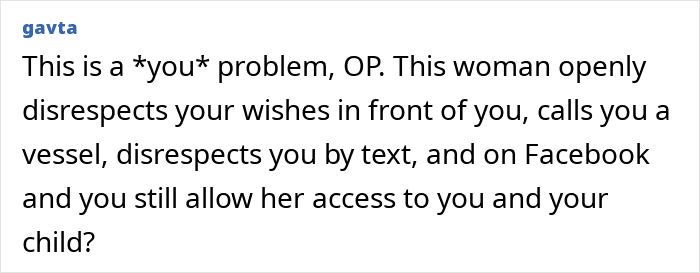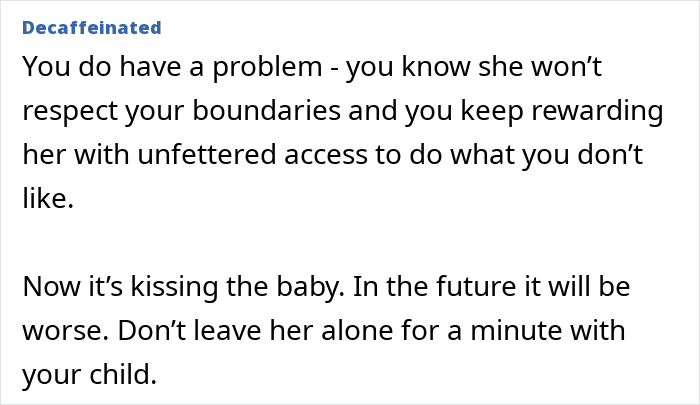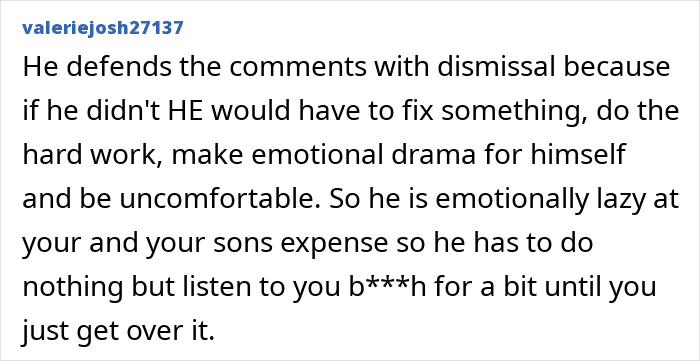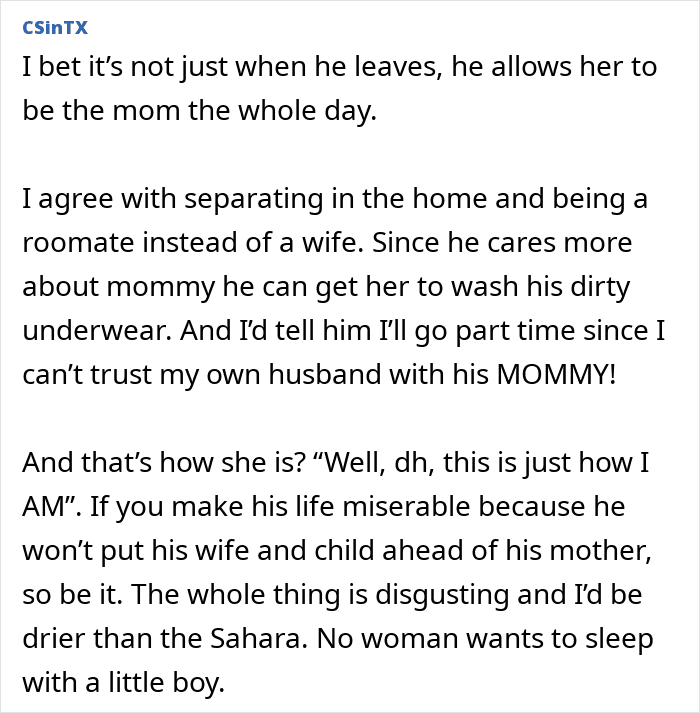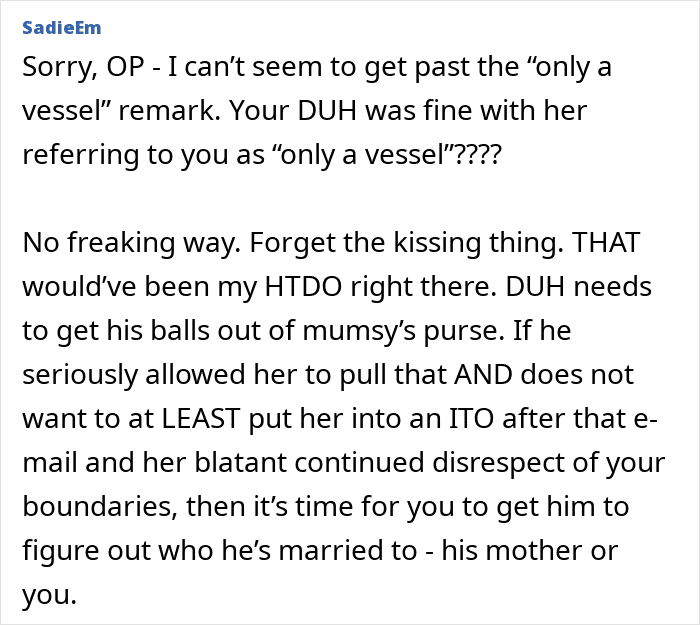Many people find babies cute. And there’s a scientific reason for that. Their chubby cheeks, button noses, squishy legs, soft skin, big eyes, and captivating giggles are meant to draw us in. They need adults to help them survive. And their cuteness is a built-in factor that ensures they get constant care and attention. It’s easy to want to gently squeeze their cheeks. Or even kiss them. But doing so could actually cause more harm than good.
One mom is at her wits’ end. She’s asked all friends and family members to refrain from kissing her 13-month-old since he was born to prevent the risk of spreading germs. But her mother-in-law just won’t listen. Things came to a head when the woman once again had to remind the grandmother, very sternly, that she was banned from putting her lips on the baby. Granny retaliated with some very harsh words. And all hell has since broken loose. The mom has turned to the internet for advice. We reached out to psychotherapist and bestselling author Anna Mathur to hear what she has to say about the situation.
RELATED:
Becoming a granny is a highlight for many older women who want to shower the new baby with love and affection
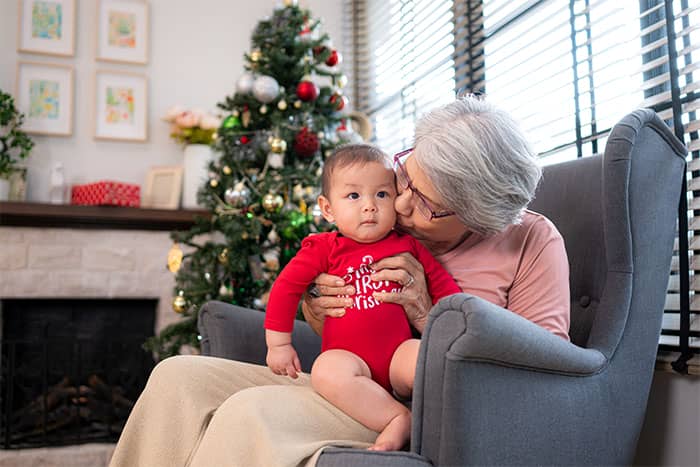
But one grandmother’s need to constantly plant kisses on her grandson has now caused a massive family fight
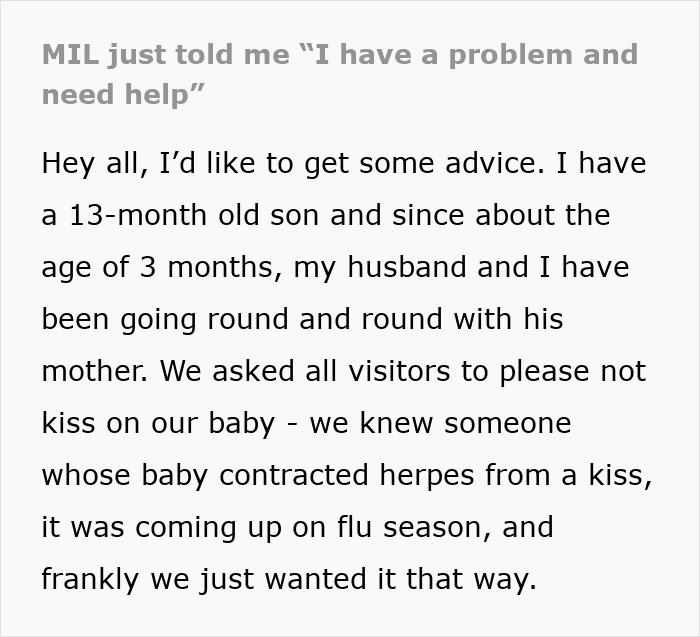
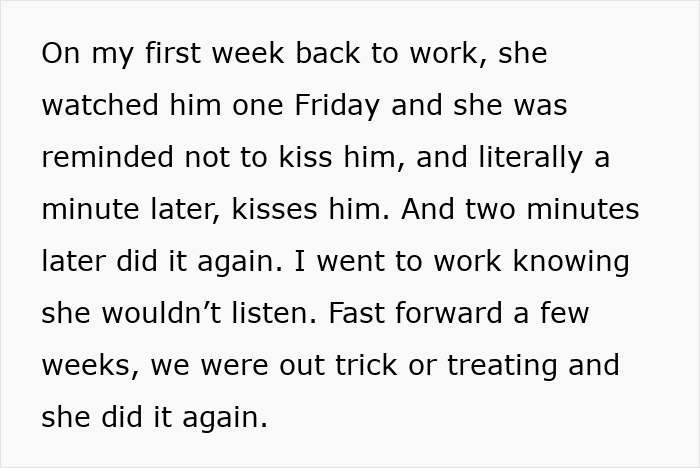
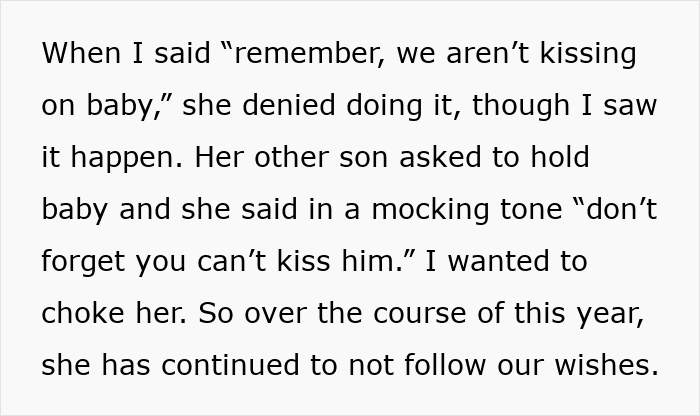
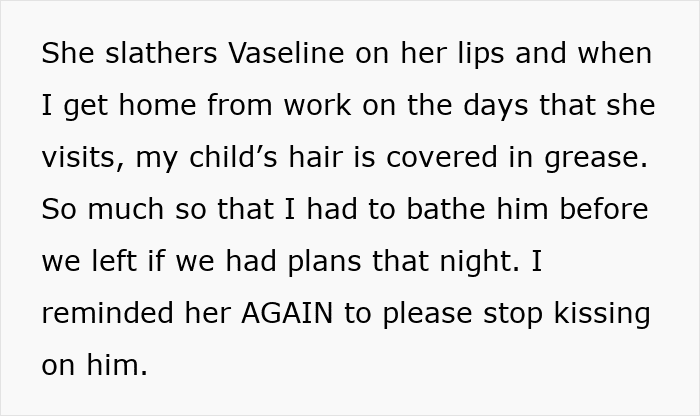
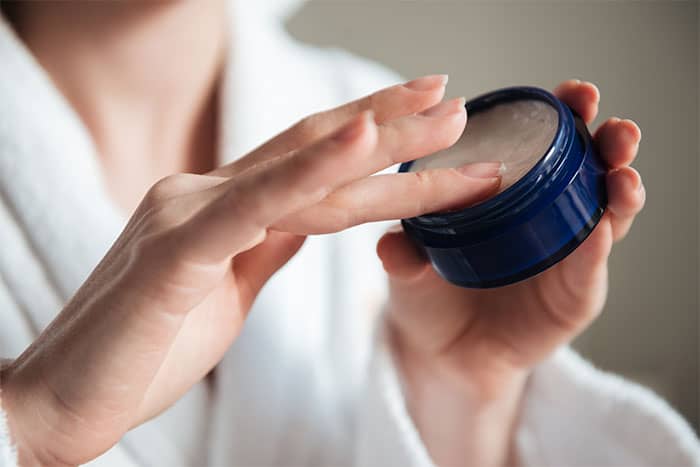
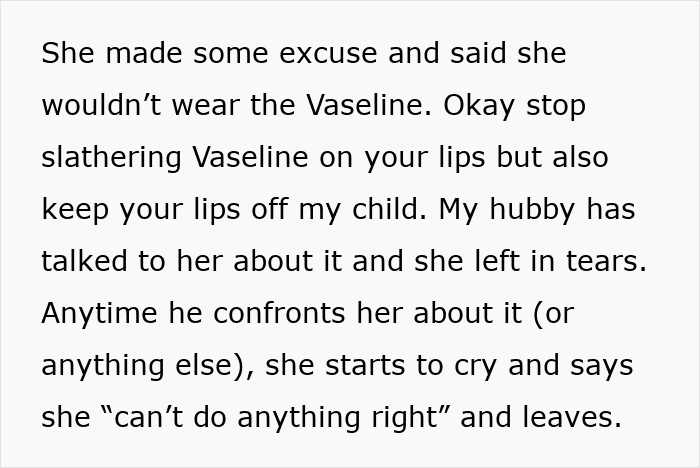
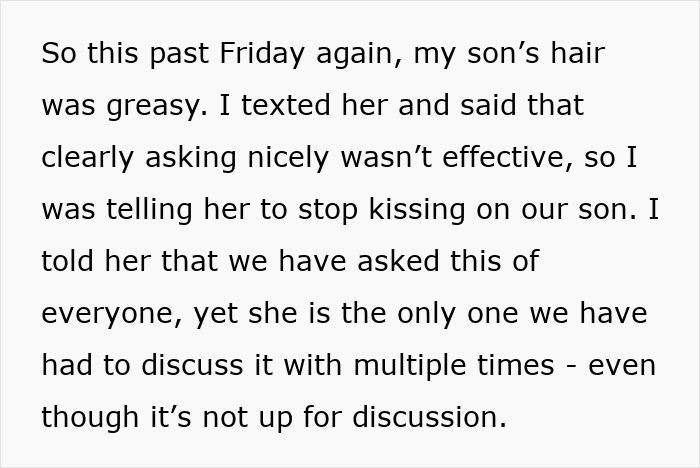
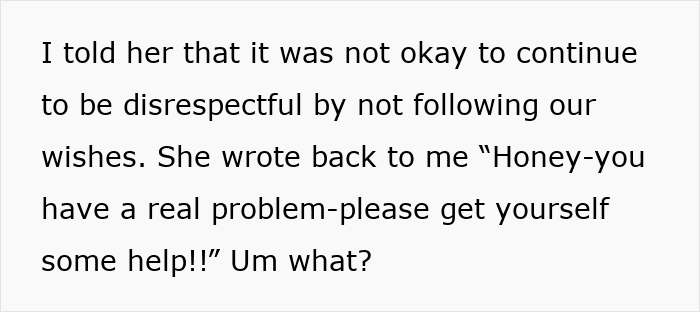
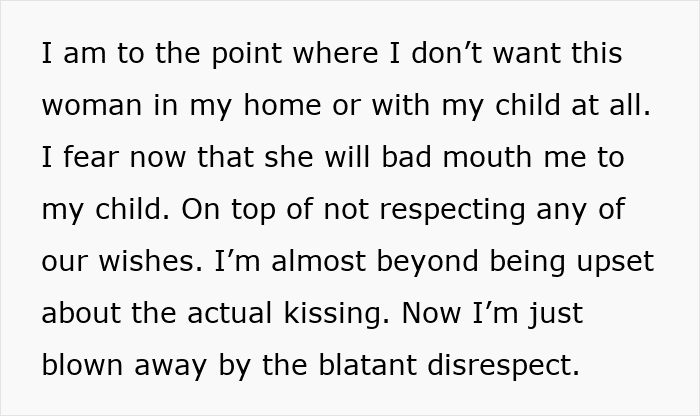
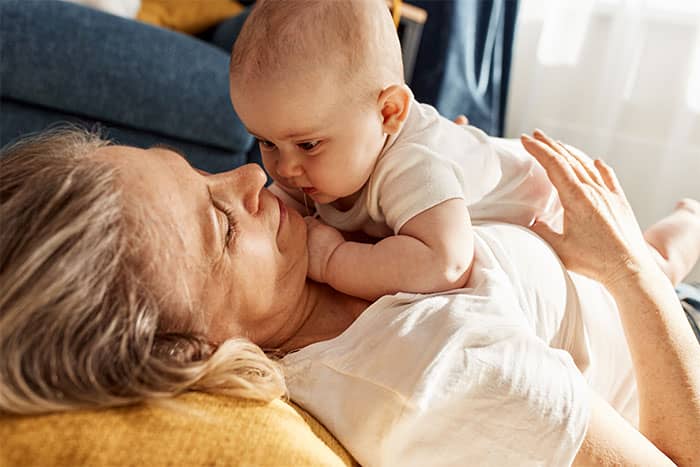
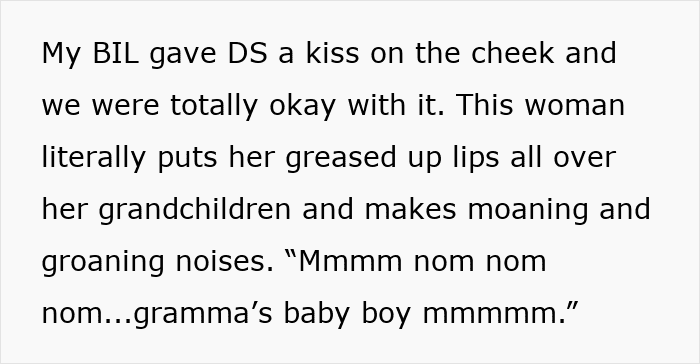
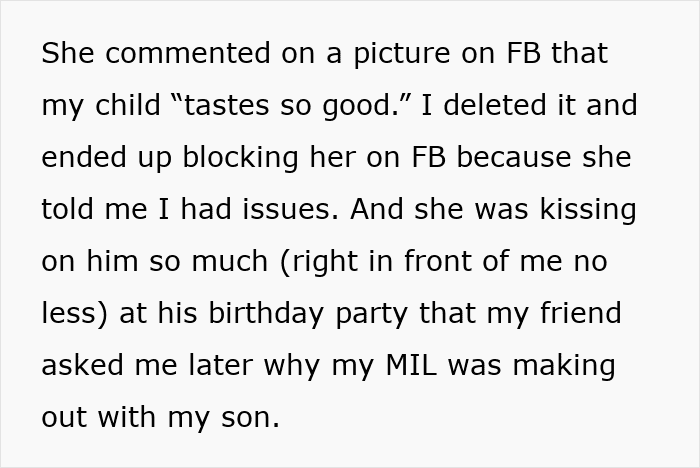
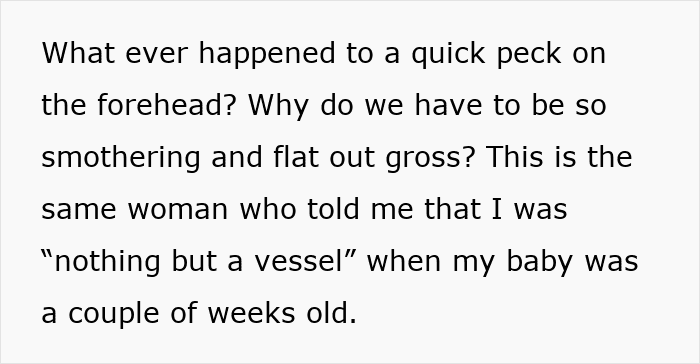
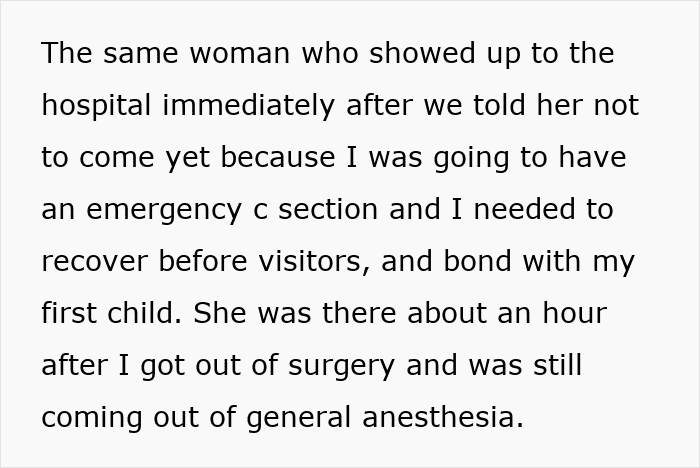
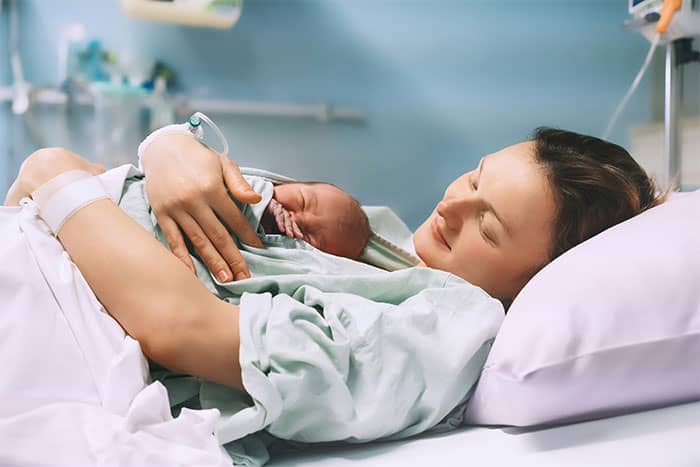
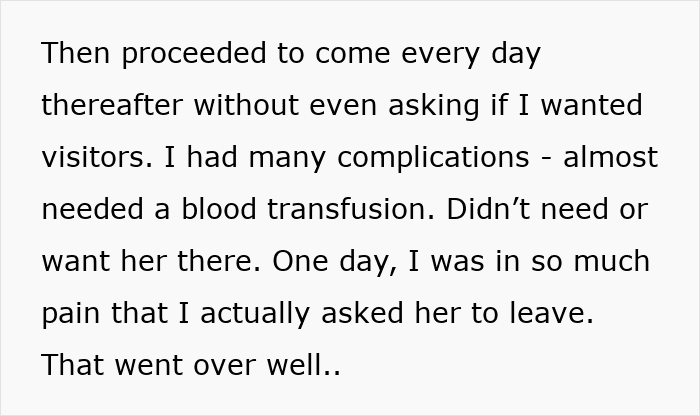
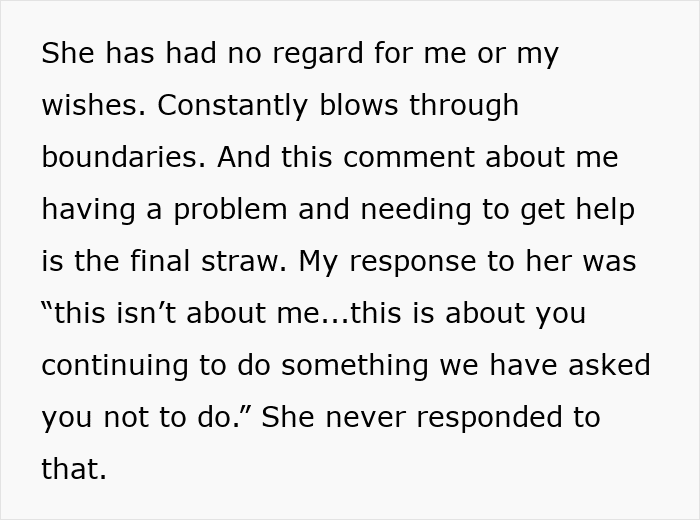
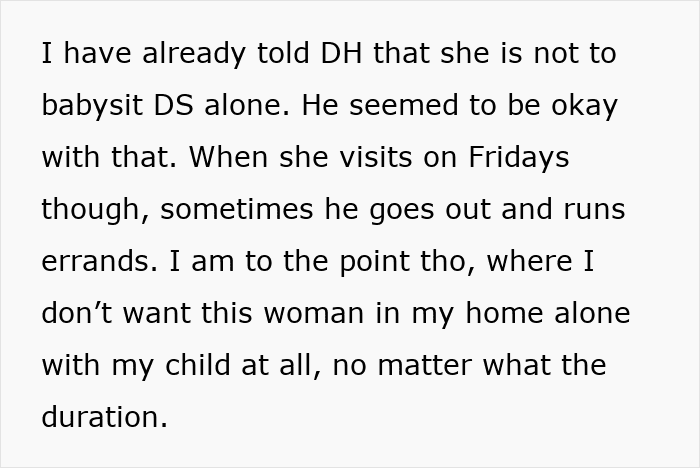
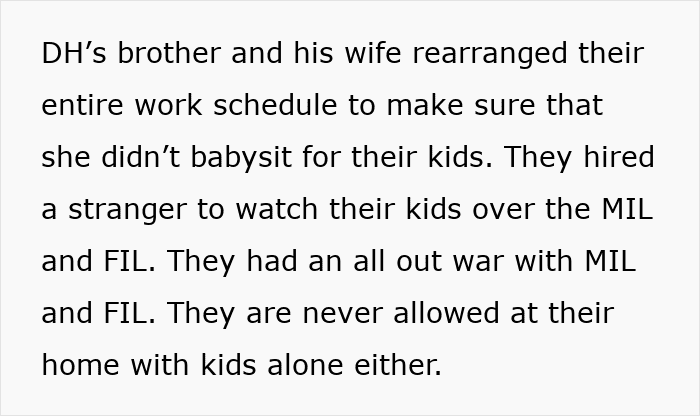

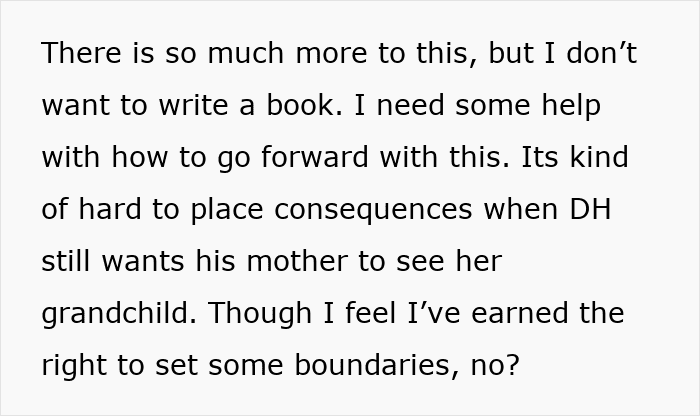
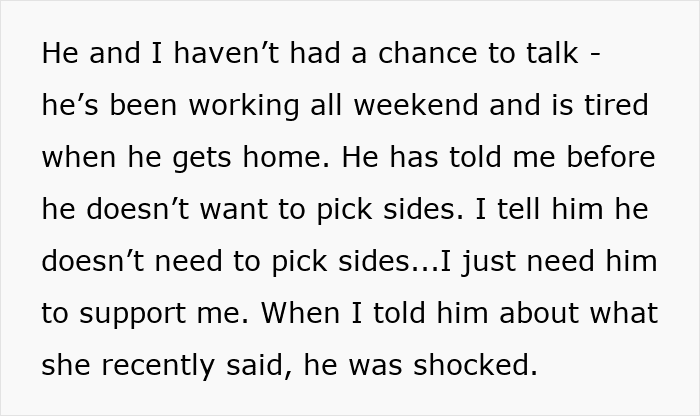
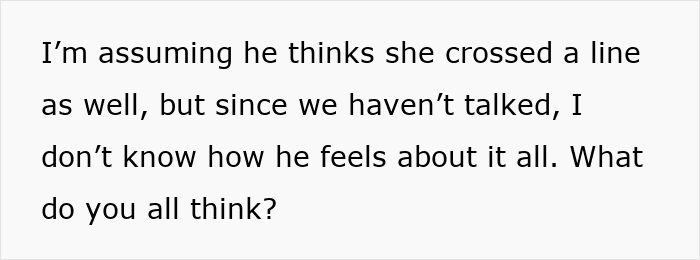
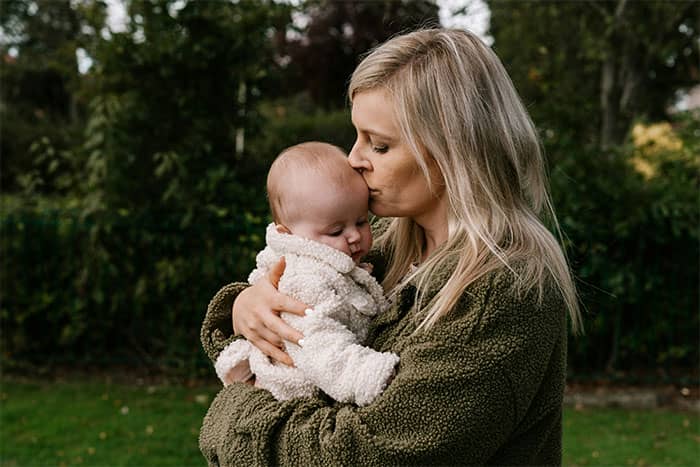
“Be the voice for your child before they can advocate for themselves”: an expert’s advice
When someone repeatedly ignores a boundary you have clearly set, it stops being about their feelings and starts being about your child’s wellbeing. That’s the word from Anna Mathur, a psychotherapist and best-selling author of The Good Decision Diary, which comes out on August 7th. Mathur has written several other books, including Mind Over Mother,which is all about anxiety, and Raising a Happier Mother. She kindly made time to chat to We about the woman’s predicament.
“My advice would be to hold the boundary firmly and calmly, without getting pulled into justifying or debating it. If someone dismisses your concerns or labels you as having ‘issues,’ it says more about their discomfort with boundaries than it does about you,” she told us. “Stay consistent. You are allowed to be the voice for your child before they can advocate for themselves.”
Mathur says it’s also worth taking a moment to reflect on whether the boundary is rooted in fact or in anxiety. “Some boundaries are vital for safety, while others might be shaped by fears that could benefit from gentle challenge,” explained the expert. “Asking yourself whether the boundary serves your child’s wellbeing or is soothing an underlying fear can help you feel even more confident and grounded in the limits you are setting.”
We asked Mathur how new moms can ask people to refrain from kissing their baby, without causing drama. “Keeping it short, kind, and clear is key,” she advised. “You might say, ‘We’re being extra careful at the moment, so we’re asking everyone not to kiss the baby, thank you for understanding.’ You do not need to over explain or apologise.”
The expert added that practising the wording beforehand can really help, especially if you find it hard to be direct in the moment. “Be clear, consistent, and compassionate, but firm,” she suggested. “Try to state your boundary ahead of time wherever possible, not in a moment that feels heated or emotionally charged…and more likely to transition into an argument,” Mathur told We.
She says it also helps to frame it around your child’s needs rather than as a criticism. “For example, ‘We’re asking everyone not to kiss the baby for health reasons’ is very different from ‘Please stop doing that.’ Calm repetition, without escalation, can be powerful,” the expert said.
Mathur told We that setting boundaries as a parent can feel uncomfortable at first, especially with people you want to keep close. “But boundaries are not about creating distance, they are about creating safety,” she added. “The people who truly care about you and your child will honour them.”
Some pediatricians say even parents should not kiss their baby
There is a bacterium called ‘pneumococcus.’ It’s dangerous for all children under the age of 5, but it’s super bad for babies. “Pneumococcus is a bacterium formed in the upper respiratory tract. People who are not actively ill can also become carriers. In particular, they cause this infection to be transmitted. Therefore, even parents should not kiss the baby,” warned a pediatrician at Yeditepe University Bağdat Street Polyclinic.
The hospital’s site references a 9-year-old Turkish child who contracted meningitis, and later cerebral palsy, as a result of ‘pneumococcal’ bacteria. A guest who visited—and kissed—the child when she was a baby has been blamed. Today, the little girl, who is called Ecrin, is severely disabled.
There are other risks to planting a kiss on an infant. “Hand, foot, and mouth is a common virus that causes ulcers and rashes around the mouth, hands, feet, and leg area,” warns the Dr. Noze Best site. “It is mostly seen in babies and children under the age of ten, however, anyone can contract it.”
Then there’s RSV—or Respiratory Syncytial Virus. It’s a common illness that affects the lungs. It can seem like a cold, but may be severe, especially in children. RSV spreads easily through a cough, a sneeze, or even a kiss. It’s a very serious and potentially fatal condition, especially for those with compromised immunity. Or babies who are still building their immune systems. And after the trauma of 2020, we shouldn’t have to remind you of the dangers of Covid as well.
Cold sores, fever blisters, and herpes also pose a huge risk. They are common, transfer easily, and can cause lifetime damage to your baby, warns Dr. Noze Best. Sometimes, people aren’t even aware they have a cold sore, which makes the threat even more scary. The best way to avoid your baby being infected is to keep the kisses at bay.
“We cannot stress enough that the HSV1 virus that is spread from the transfer of blister due to kissing a newborn can result in not only blisters around a baby’s mouth but can also spread to other parts of the body, including their brain,” reads the site.
Many people think it’s only germs that pose a risk when it comes to kissing a baby. But let’s not forget allergens, which, as we know, can be fatal to some. Allergens can spread from one person to another just by being close, but there’s an increased risk when there’s direct contact, like kissing.
“Something as simple as a chapstick transfer, skin care products, or foodthat doesn’t agree with your newborn’s system can end up somewhere on their body and expose them to something you aren’t aware yet that they are allergic to,” cautions Dr. Nozebest.
Not everyone is comfortable with telling people not to kiss their baby. But experts say it’s important to put your child’s health and wellbeing first. Explicitly say, ‘Please, don’t kiss my baby,’ advises HealthLine.
“If speaking to people directly about your concerns feels too daunting, you can send a mass email or text to the entire family explaining your policy and that, out of an abundance of caution, you are requesting people don’t kiss your baby on the face,” writes Sarah Ezrin on the site.
Netizens came to the comments to offer the mom their advice




